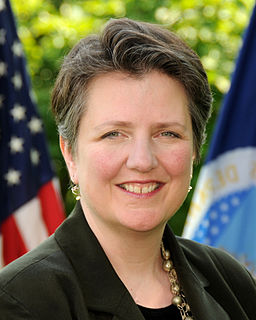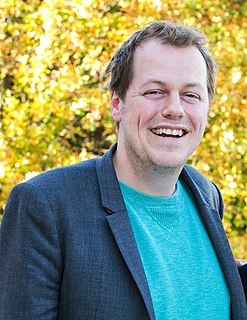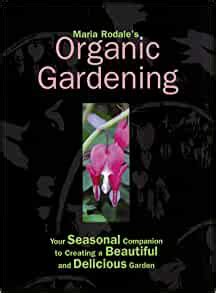A Quote by Sheherazade Goldsmith
Vegetable box schemes, local greengrocers, farmers' markets and organic stores are a great place to source package-free foods.
Related Quotes
SNAP benefits help local economies because the benefits are spent at local grocery stores - with locally grown and locally-made products. I remember many years ago, while on food stamps, I advocated for the benefits to be spent at local farmers markets - a move that has helped local economies even more.
Organic is something we can all partake of and benefit from. When we demand organic, we are demanding poison-free food. We are demanding clean air. We are demanding pure, fresh water. We are demanding soil that is free to do its job and seeds that are free of toxins. We are demanding that our children be protected from harm. We all need to bite the bullet and do what needs to be done—buy organic whenever we can, insist on organic, fight for organic and work to make it the norm. We must make organic the conventional choice and not the exception available only to the rich and educated.
"Free markets" is a very general term. There are all sorts of problems that will emerge. Free markets work best when the transaction between two individuals affects only those individuals. Most often, a transaction between you and me affects a third party. That is the source of all problems for government. That is the source of all pollution problems, of the inequality problem. This reality ensures that the end of history will never come.







































